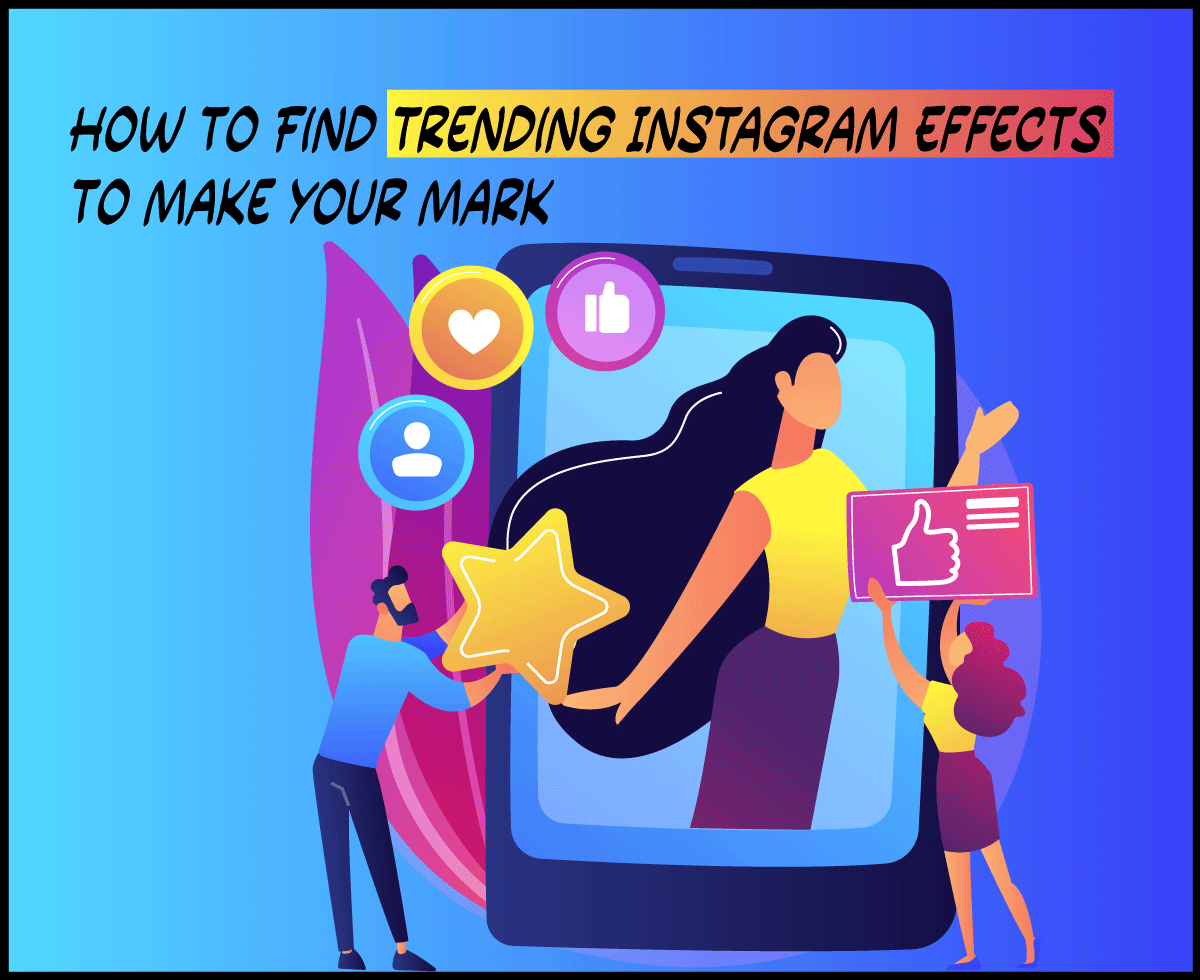A Guide to Help You Choose the Safest Water to Consume

There are many water sources, but the most common sources are natural springs, municipal water systems, and private wells.
The water from these different origins contains various minerals dissolved in it. Minerals commonly found in water are calcium, chlorine, chromium, copper, fluoride, iodine, and iron. There are also microscopic organisms and bacteria in the water.
Water is purified by removing pathogens to improve taste and affect the pH balance. Each water source has its own unique composition.
It is, therefore, difficult to tell at a glance on a shelf loaded with bottled water which water is safe for consumption. Below is a list of guidelines to use to check for the safest choice of drinking water;
1. Source of the Water
The drinking water available for consumption is sourced from different places such as natural springs, private wells, tap water, harvested rainwater, and municipal water systems. When it comes to spring water versus purified water, spring water is the better option if it is sourced and stored safely. The spring water is tasty and rich in minerals that benefit the body.
Water sourced from lakes, ground, surface, rain, and healthy water has to be purified, distilled, or filtered to be safe for consumption. After this process, the water is safe for drinking, but it is tasteless.
2. Check the Calories in the Water
It’s essential to check the label on the water packaging to confirm it is safe for consumption as some bottled waters have many calories. Some have as high as 250 to 400 calories as some soft drinks do. The labels may mislead you to think the water is safe and healthy for drinking, yet it is not.
The added calories do not benefit the body, centrally to the image created through marketing. Instead, take water with zero calories as safe water should. Take foods that will give you the desired nutrients instead of taking water that’s said to have nutrients.
3. Check the Sugar Content
Some bottled waters contain sweeteners, fruit juice, and other additives that contain sugar. It’s, therefore, advisable to pay close attention to the breakdown of the water labels. It’s essential to know the total sugars and carbohydrates listed. Only choose drinking water that has 0.0 grams of total sugars and carbohydrates. Water with other compositions such as caffeine can be dehydrating instead of hydrating the body. Then, there is the likelihood of weight gain from the water if the sugars and carbohydrates content is high. Be sure the water you take is safe as it has no additives.
4. How Safe is the Container?
Most drinking water is packaged in a plastic bottle. Studies have confirmed plastic contamination is widespread in bottled water. Bottled water has been found to contain synthetic polymer particles leached from the water bottle. Some of the particles are big enough to see without a magnifying glass. Unknown to many people, plastic containers have a shelf life. There is an expiry date on the drinking water bottle, and this date specifies up to when the plastic water bottle is safe. After that date, the bottle starts to leach chemicals into the water.
5. Check the Water Handling and Storage
The water may be sourced and treated properly but get contaminated from poor storage and handling. It’s necessary to check the water storage conditions from which you are getting water. Water from taps may be contaminated if the pipes have a leakage. The material the pipes are made of should be safe for the water to remain safe. Storage water tanks may get contaminated and have pathogens if not emptied and cleaned regularly. Bottled water stored in a hot environment gets contaminated by the chemicals that leach from the plastic bottle.
6. Go for Tap Water

Tap water is safe as it passes through municipality agencies that set water standards to certify it as safe for consumption. Relevant government agencies check the reports from the tape water suppliers to ensure the water supplied to the public meets the required safety measures.
The government ensures the water is sourced safely, piped without contamination, and remains safe to the consumption point. If you doubt the quality of water from your tap, you can have it tested. You may also get the information from the municipality you are in.
7. Has a Third-Party Lab tested the Water
A homeowner can have the water supplied to his home tested for safety. This is essential as most families get water from private suppliers. Government agencies may not test water from private companies as routinely as they do the municipality systems. The routine check ensures the private supplier adheres to the water standards. It’s unlikely to identify polluted or contaminated water, hence the need to have a laboratory test carried out. A laboratory water test is an economical and easy process that can prevent diseases and other consequences of taking contaminated water. The lab check provides a comprehensive report on the quality of water supplied to your home.
8. Your Budget to Spend on Water Supply
Tap water is the cheapest source of water. Other sources of water require more expenses. To outsource the tasty and mineral-rich spring water can be costly since it is from limited and far-flung areas. If you are interested in this water, you will spend more. If you prefer to have a water source on your property, it will call for more expenses to dig and construct a borehole. Purifying, filtering, and distilling your water are processes that require an extra cost than they would if you just opened and closed a tap. Your water budget will, therefore, determine how safe your drinking water is.
Water is an essential commodity to society. It is necessary to the body, whose composition is 70 percent water. Therefore, water safety is a requirement as you consume it. Contaminated water is a threat to life as it may have diseases such as bilharzia, typhoid, and diarrhea that spread through it. To avoid these risks, follow the above measures to ensure the water you choose is safe for consumption.









